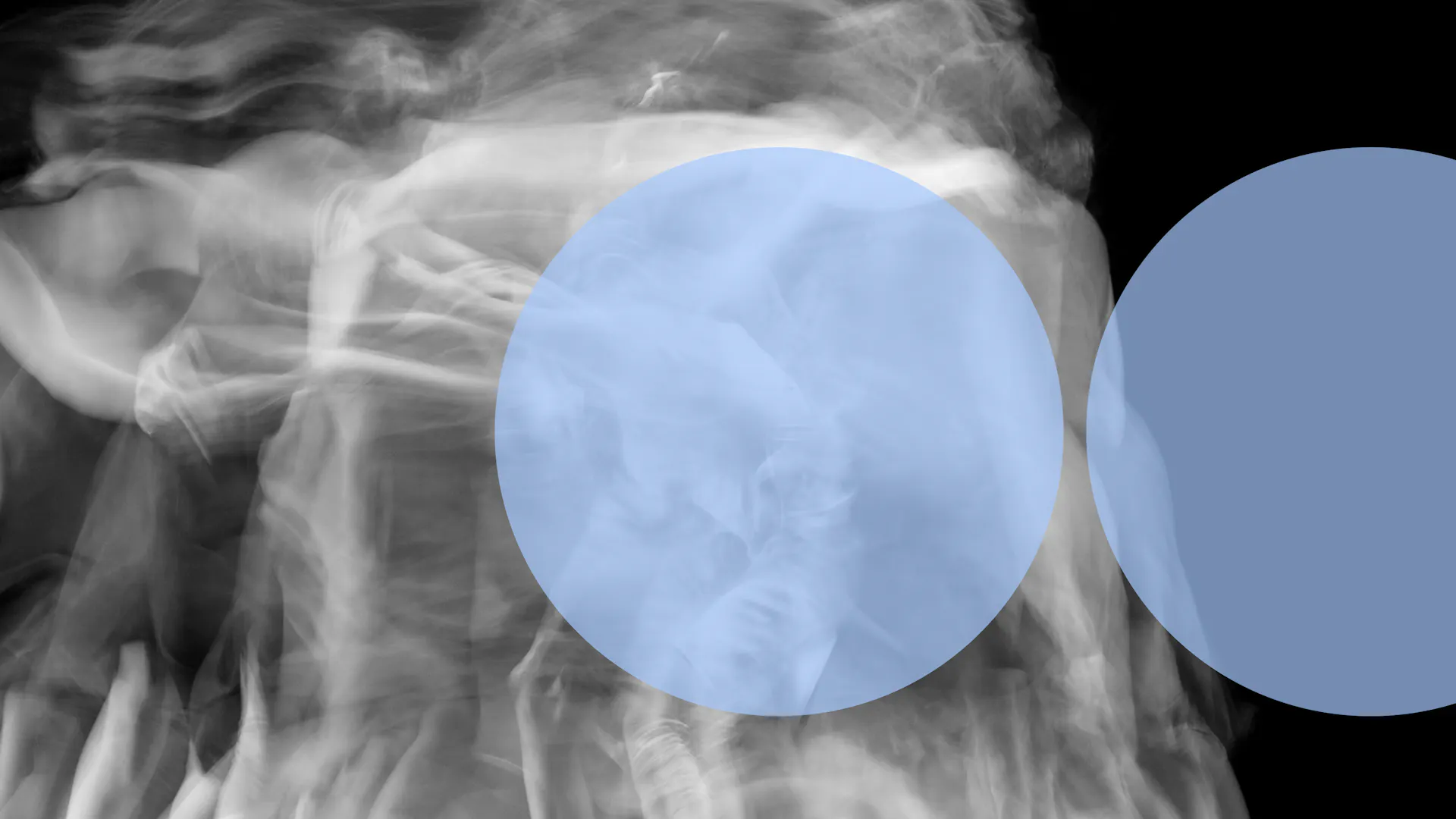Business Continuity Management Systems


PGI’s Digital Investigations Team brings you the Digital Threat Digest, SOCMINT and OSINT insights into disinformation, influence operations, and online harms.

If you’re anything like me, you’re excited for the upcoming 2024 Olympic Games held in Paris, especially since the last Games in 2021 were largely restricted due to the pandemic. However, if you work with me, then you’re not so excited for the slew of disinformation already surrounding the Games and the country hosting it.
You may recall the craze surrounding a purported bedbug outbreak about a month ago which sparked panic into not just the French, but also surrounding European countries. According to French Intelligence, the Kremlin had been responsible for actively stoking fears, although it’s still not clear what they were hoping to achieve – blaming Ukrainian refugees for bringing bedbugs into France? Or punishing the next EU Olympian host? Who knows, but it certainly caused a wave of panic across social media, affected travel to Paris, and heightened the pressure on French officials.
It is this kind of panic and fear that threat actors may attempt to exploit to undermine the French capital’s capacity to hold the event. In a recent report, French state digital watchdog VIGINUM flagged an online disinformation campaign originating from Azerbaijan in late July that aimed to do just that. The campaign featured images and videos of riots and clashes, the city of Paris and the Olympic Games logo, accompanied by the hashtags ‘#boycottparis2024’ and ‘#Paris2024’. More than 1,600 posts appeared online between 26 and 27 July and at least 90 accounts had at least one digital link to Azerbaijan.
What’s important to note here is that this shows hostile state actors aren’t necessarily limited to overtly political campaigns. Any point of conflict can be targeted and exploited for downstream political gains. France has experienced several riots and protests over the last few years and is still in a state of social and economic tension, and officials are scrambling to avoid any unease around hosting the Games. As the Games approach, threat actors are likely to hit social media platforms with narratives aimed at sabotaging France’s efforts to host and therefore widening social division.
More about Protection Group International's Digital Investigations
Our Digital Investigations Analysts combine modern exploitative technology with deep human analytical expertise that covers the social media platforms themselves and the behaviours and the intents of those who use them. Our experienced analyst team have a deep understanding of how various threat groups use social media and follow a three-pronged approach focused on content, behaviour and infrastructure to assess and substantiate threat landscapes.
Disclaimer: Protection Group International does not endorse any of the linked content.

At their core, artificial systems are a series of relationships between intelligence, truth, and decision making.

Feeding the name of a new criminal to the online OSINT community is like waving a red rag to a bull. There’s an immediate scramble to be the first to find every piece of information out there on the target, and present it back in a nice network graph (bonus points if you’re using your own network graph product and the whole thing is a thinly veiled advert for why your Ghunt code wrap with its purple-backlit-round-edged-dynamic-element CSS is better than everyone else’s).

There is a tendency to think that modern problems require modern solutions. Got a problem with AI-generated content? Your only hope is to build an AI-powered detection engine.